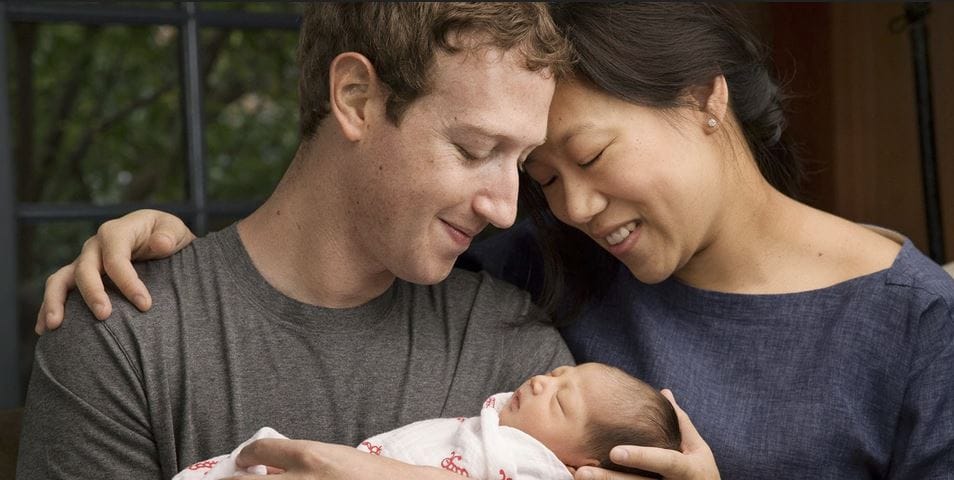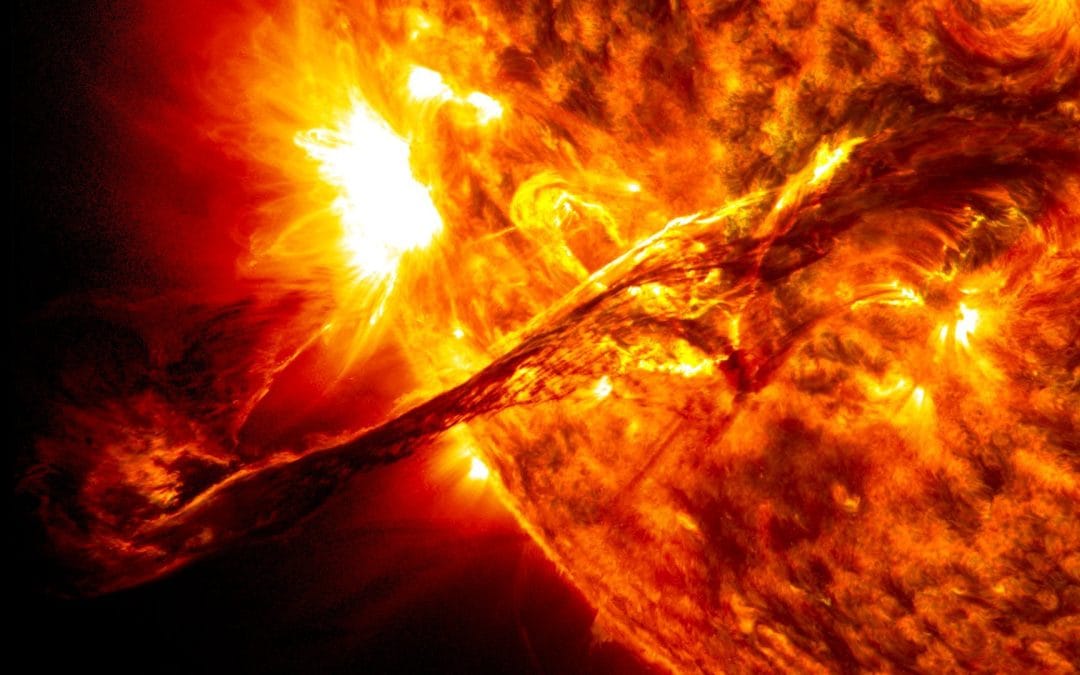Mar 3, 2016 | Sci-Tech
The Google Lunar XPRIZE incentivizes space entrepreneurs to create a new era of affordable access to the Moon and beyond.
“It is only with a commercial mindset and commercial technologies that we will achieve a long-term vision of space commercialization and industrialization.” -- Peter H. Diamandis, Chairman & CEO of XPRIZE
Why the Moon? The Moon is not only our nearest neighbor in space, but it is also the gateway to the rest of the universe. Formed approximately 4.5 billion years ago, the Moon provides exciting opportunities for discovery in the fields of science, technology, resource detection and utilization, and human habitation.
Science Projects: The Moon has already impacted the way we think about future exploration through previous discoveries, such as the existence of lava tubes potentially big enough to support a lunar base and the detection of ice at the lunar poles.
All of these discoveries have been made from lunar orbit. Now think of all the exciting research opportunities for scientists if they can have access to the lunar surface!
Abundant Resources: The Moon is a treasure chest of rare metals and other beneficial materials that can be used here on Earth. A successful Google Lunar XPRIZE would result in cost-effective and reliable access to the Moon, allowing for the development of new methods of discovering and using space resources, and in the long-term, helping to expand human civilization into space.
To Infinity and Beyond: The Moon is an essential stepping-stone to the rest of the universe, and the opportunity to learn from our closest neighbor can provide the necessary experience to further humanity’s presence in the solar system and beyond.
Private Exploration: The technologies developed by the Google Lunar XPRIZE teams will further reduce costs and barriers to entry so that private industry can work alongside government agencies and advance lunar exploration.
Learn more at http://lunar.xprize.org Jan 15, 2016 | Business, Politics, Sci-Tech
Technology has created more jobs than it has destroyed, says 140 years of data | Business | The Guardian
Study of census results in England and Wales since 1871 finds rise of machines has been a job creator rather than making working humans obsolete. In the 1800s it was the Luddites smashing weaving machines. These days retail staff worry about automatic checkouts. Sooner or later taxi drivers will be fretting over self-driving cars.The battle between man and machines goes back centuries. Are they taking our jobs? Or are they merely easing our workload? A study by economists at the consultancy Deloitte seeks to shed new light on the relationship between jobs and the rise of technology by trawling through census data for England and Wales going back to 1871.Their conclusion is unremittingly cheerful: rather than destroying jobs, technology has been a “great job-creating machine”. Findings by Deloitte such as a fourfold rise in bar staff since the 1950s or a surge in the number of hairdressers this century suggest to the authors that technology has increased spending power, therefore creating new demand and new jobs.Their study, shortlisted for the Society of Business Economists’ Rybczynski prize, argues that the debate has been skewed towards the job-destroying effects of technological change, which are more easily observed than than its creative aspects. Going back over past jobs figures paints a more balanced picture, say authors Ian Stewart, Debapratim De and Alex Cole. “The dominant trend is of contracting employment in agriculture and manufacturing being more than offset by rapid growth in the caring, creative, technology and business services sectors,” they write.“Machines will take on more repetitive and laborious tasks, but seem no closer to eliminating the need for human labour than at any time in the last 150 years.”

Dec 3, 2015 | Business, Politics, Sci-Tech
A half century ago the famous philosopher Ayn Rand identified the principle that motivates the haters of success. In her essay “The Age of Envy" she called it the "Hatred of the good for being the good":Today, we live in the Age of Envy.
“Envy” is not the emotion I have in mind, but it is the clearest manifestation of an emotion that has remained nameless; it is the only element of a complex emotional sum that men have permitted themselves to identify.
Envy is regarded by most people as a petty, superficial emotion and, therefore, it serves as a semihuman cover for so inhuman an emotion that those who feel it seldom dare admit it even to themselves. ...That emotion is: hatred of the good for being the good.
This hatred is not resentment against some prescribed view of the good with which one does not agree.... Hatred of the good for being the good means hatred of that which one regards as good by one’s own (conscious or subconscious) judgment. It means hatred of a person for possessing a value or virtue one regards as desirable.
As a concrete illustration of this principle, ponder the envy-filled "progressive" "social justice" warrior Devon Maloney's response to Zuckerberg's donation of 45 billion dollars to charity:Studies have shown that billionaire altruists like Zuckerberg are increasingly directing the course of American science, for example, and can supercharge research that has otherwise been bogged down in public sector and governmental bureaucracy – thus saving thousands if not millions of lives. But it also means that the rich are still effectively buying the future they’d like to see, no matter how selfless their intentions may be.
Apparently they should build a future that Maloney wants to see.International philanthropy and the western world’s desire to eradicate poverty and disease can’t ever truly rid themselves of their imperialist roots; as many critics have pointed out, the white savior industrial complex has never been more pervasive in global culture. When you have an extra $45bn lying around, nothing you do with that money will come without strings, whether you craft those strings or not. Simply by creating and overseeing the world’s largest social network and one of the most influential corporations on Earth .... Mark Zuckerberg himself continues to reproduce the inequality he and his wife are taking aim at with their pledge. [...] if it took Max Chan Zuckerberg’s birth to give her parents the courage and determination to destroy their own ivory tower for the needs of the many, we should all be praying that she’ll get a few more siblings in the coming years.
One wonders what kind of Ivory Tower of envy and hatred Maloney lives in.Zuckerberg and other entrepreneurial businessmen have the ability to create values (like Facebook) and make money at the same time -- Maloney has little or none. Ergo the "white industrial complex/ivory tower" (capitalism) is wrong and must be destroyed.Quoting from Galt's Speech in Atlas Shrugged:They do not want to own your fortune, they want you to lose it; they do not want to succeed, they want you to fail; they do not want to live, they want you to die; they desire nothing, they hate existence, and they keep running, each trying not to learn that the object of his hatred is himself . . . . They are the essence of evil, they, those anti-living objects who seek, by devouring the world, to fill the selfless zero of their soul. It is not your wealth that they’re after. Theirs is a conspiracy against the mind, which means: against life and man.
Nov 16, 2015 | Politics, Sci-Tech
Written and Directed by Neel Kolhatkar Modern Educayshun delves into the potential dangers of our increasingly reactionary culture bred by social media and political correctness. According to Neel "the film is the appraisal of science and reason – how extensive political correctness can hinder the pursuit of such values."

Nov 16, 2015 | Politics, Sci-Tech
David Siegel has penned an excellent essay over at Medium on What I Learned about Climate Change: The Science is not Settled:As I started to look at the data and read about climate science, I was surprised, then shocked. As I learned more, I changed my mind. I now think there probably is no climate crisis and that the focus on CO2 takes funding and attention from critical environmental problems. I’ll start by making ten short statements that should challenge your assumptions and then back them up with an essay.
- Weather is not climate. There are no studies showing a conclusive link between global warming and increased frequency or intensity of storms, droughts, floods, cold or heat waves.
- Natural variation in weather and climate is tremendous. Most of what people call “global warming” is natural, not man-made. The earth is warming, but not quickly, not much, and not lately.
- There is tremendous uncertainty as to how the climate really works. Climate models are not yet skillful; predictions are unresolved.
- New research shows fluctuations in energy from the sun correlate very strongly with changes in earth’s temperature, better than CO2 levels.
- CO2 has very little to do with it. All the decarbonization we can do isn’t going to change the climate much.
- There is no such thing as “carbon pollution.” Carbon dioxide is coming out of your nose right now; it is not a poisonous gas. CO2 concentrations in previous eras have been many times higher than they are today.
- Sea level will probably continue to rise — not quickly, and not much. Researchers have found no link between CO2 and sea level.
- The Arctic experiences natural variation as well, with some years warmer earlier than others. Polar bear numbers are up, not down. They have more to do with hunting permits than CO2*.
- No one has shown any damage to reef or marine systems. Additional man-made CO2 will not likely harm oceans, reef systems, or marine life. Fish are mostly threatened by people, who eat them.
- The Intergovernmental Panel on Climate Change and others are pursuing a political agenda and a PR campaign, not scientific inquiry. There’s a tremendous amount of trickery going on under the surface*.
Could this possibly be right? Is it
heresy, or
critical thinking — or both? If I’ve upset or confused you, let me guide you through
my journey.


